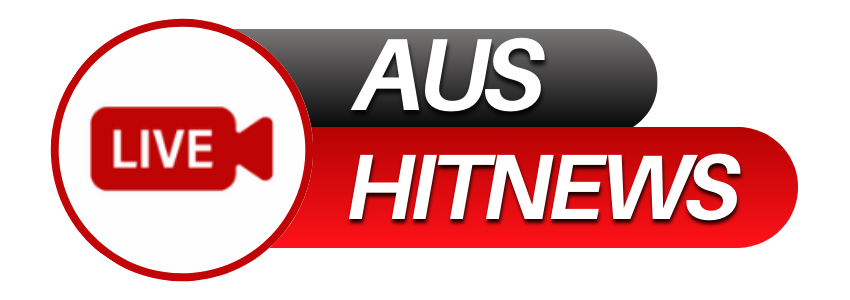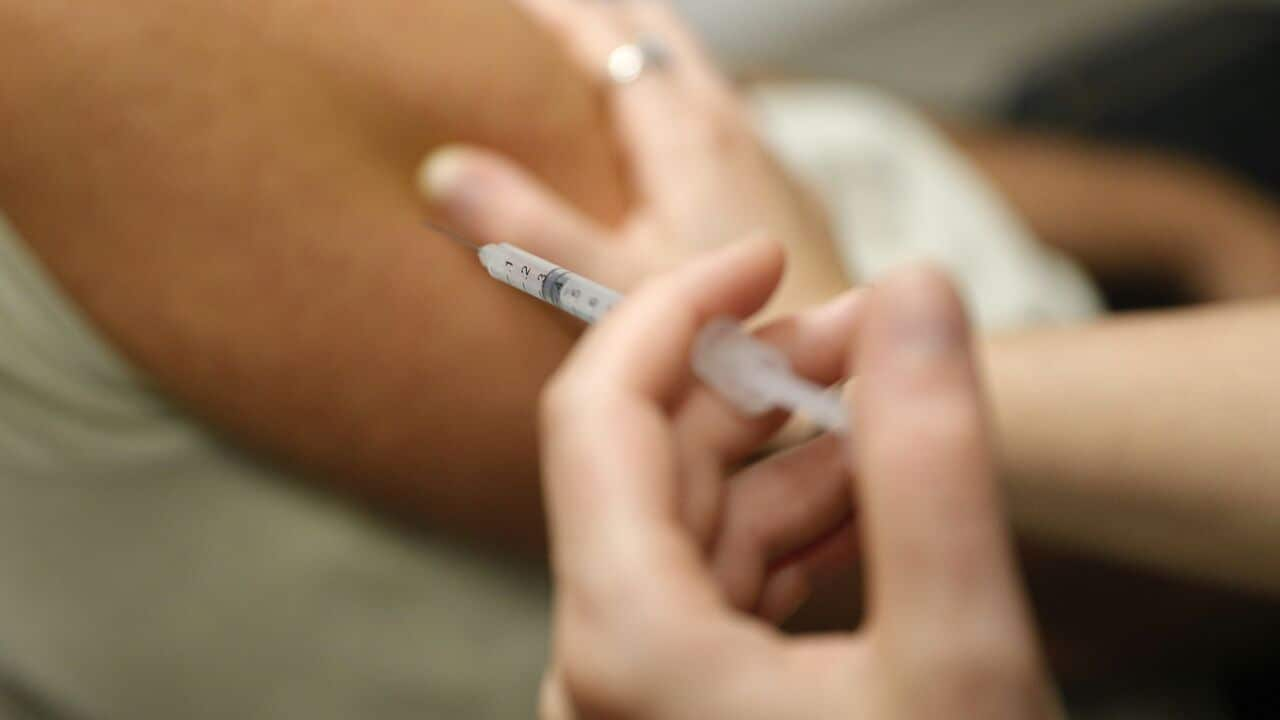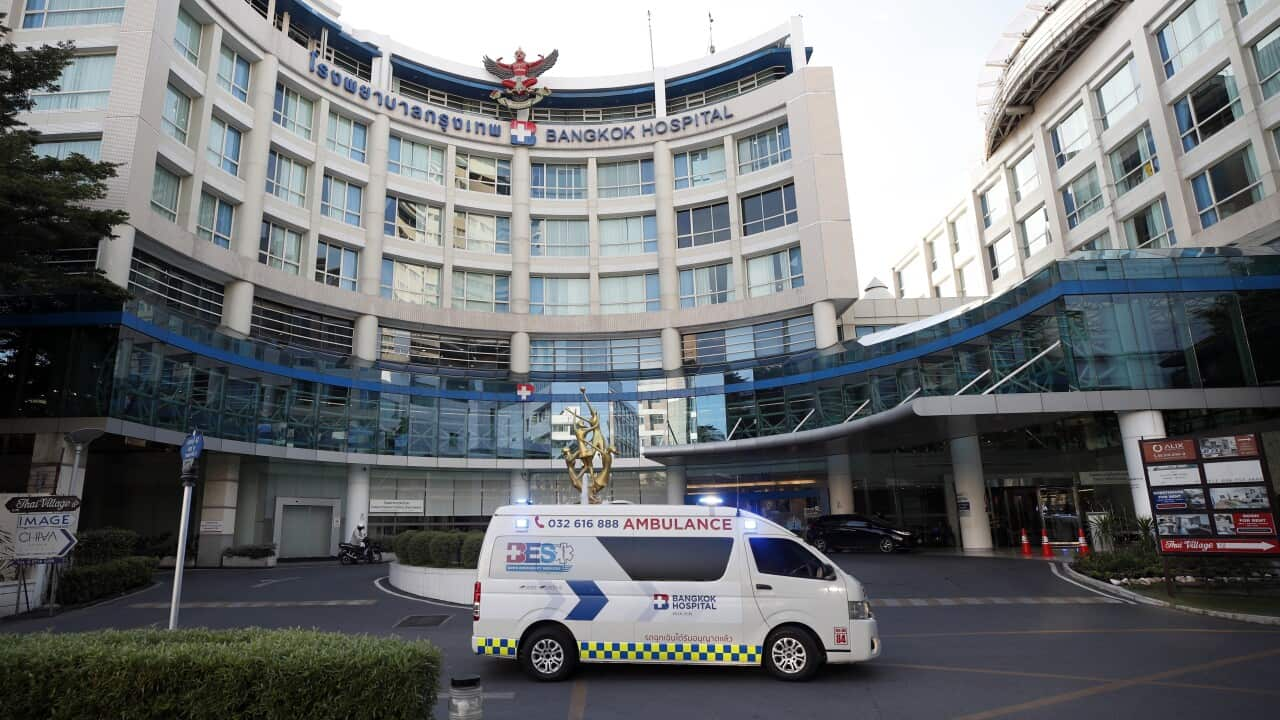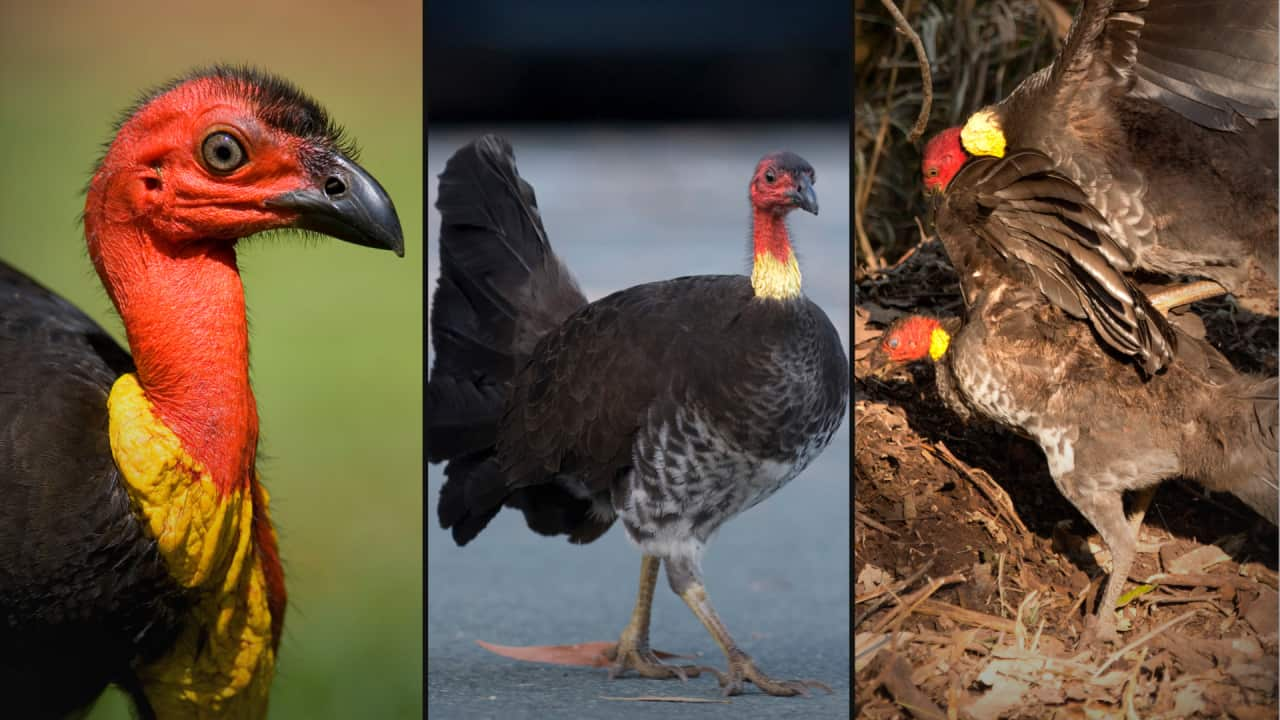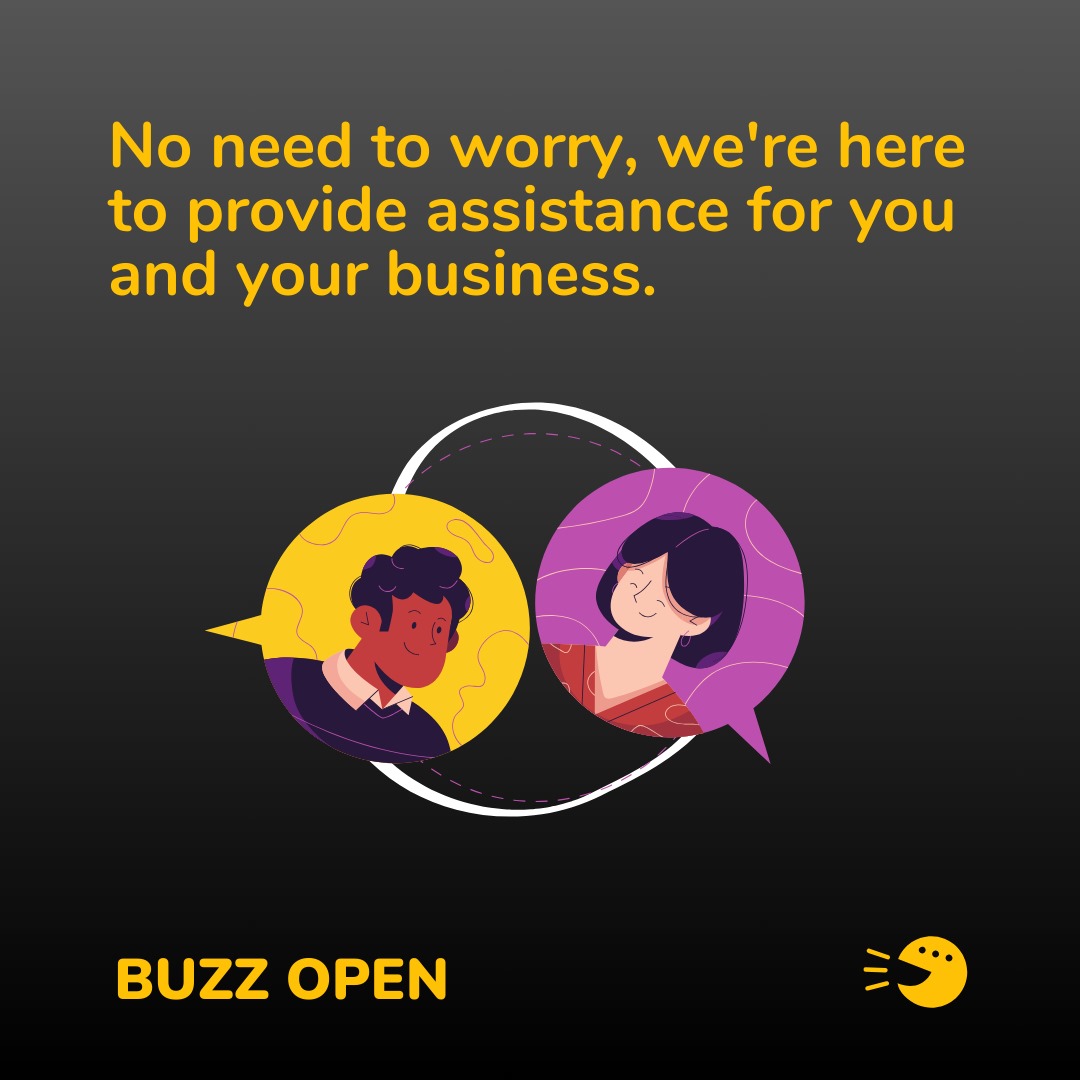Businesses across Australia will be mandated to accept cash from customers for essential items to support those who prefer the increasingly disused method.
While people were increasingly using digital payment methods, there was an “ongoing place” for cash, Treasurer Jim Chalmers said.
“For many Australians, cash is more than a payment method — it’s a lifeline,” he said in a statement on Sunday.
About 1.5 million Australians are believed to use cash to make more than 80 per cent of their in-person payments.
Businesses will be mandated to accept cash when selling essential items such as groceries and fuel, with “appropriate exemptions” for small businesses.
Around 94 per cent of businesses still accept cash, according to the Reserve Bank of Australia.
In a statement, the government said while people were increasingly using digital payment methods, cash provided an easily accessible backup during natural disasters and online outages.
Treasury will commence consultation before the end of the year on which businesses supplying essential goods and services should be covered by the mandate.
The consultation will consider the needs of those who rely on cash, including people in regional areas and those unable to use digital payments, as well as the impact on small businesses.

Treasurer Jim Chalmers says there are many Australians for whom “cash is more than a payment method — it’s a lifeline”. Source: AAP / Joel Carrett
Final details of the mandate — set to commence from January 2026 — are to be announced in 2025.
The move to phase out cheques will also begin under a Cheques Transition Plan, giving customers and businesses until 2029 to adjust to alternative payment methods.
Under the plan, cheques will stop being issued by June 2028 and stop being accepted by September 2029.
Use of cheques has declined by 90 per cent in the past 10 years and many banks and financial institutions are ending cheque issuance for new customers.
